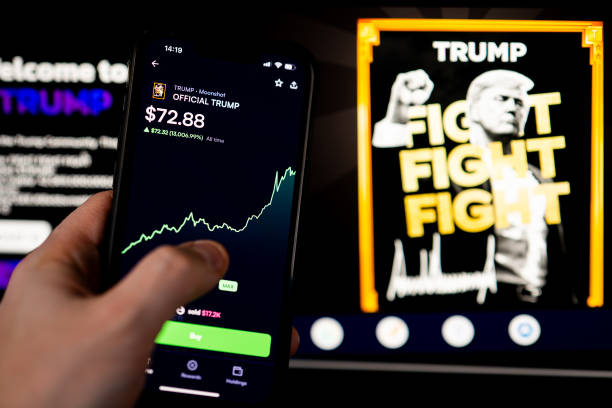Advertisers now have powerful ways to target specific user demographics thanks to tech giants like Facebook and Google. Since these companies derive their profit from advertisers, this leads to possible conflicts of interests. Users are left wondering if the “news” they are reading is really impartial, or if it might have been influenced by the wishes of an advertiser.
Various startups are trying to solve this problem. One such company is Snip, and its CEO, Ran Reichman, gave a good description of the status quo:
“The tech giants Facebook and Google are taking all the ad revenue and the news industry is unable to compete. Most publishers can’t use a paywall so in order to increase ad revenue, they’re publishing clickbait articles, overly long articles (which allow for more ads), and provocative op-eds which garner a lot of attention. Even with these methods, many news outlets are having trouble surviving.”
The tech giants that serve these ads are truly gargantuan. The search engine and news aggregator Google depends on ads to keep its services free for everyone. It serves advertisers by helping them use data collected from users’ devices, such as searches, location, websites and apps used.
Google also provides additional personal information about users, including approximate age, gender and topics of interest. Google receives three billion search requests per day, and much of that data is fed back to advertisers for targeting purposes.
Like Google, Facebook is a behemoth. The world’s largest social network serves both news content and ads to users. Unlike Google, Facebook can aggregate users’ posts, likes and other interactions on the site, then sell that information to advertisers. Apple CEO Tim Cook slammed both Google and Facebook for selling user data to the highest bidder:
“Some of the most prominent and successful companies have built their businesses by lulling their customers into complacency about their personal information.”
Cook reiterates that privacy is a fundamental right that should not be sacrificed in the name of profits or expediency:
“We can, and we must provide both in equal measure. We believe that people have a fundamental right to privacy. The American people demand it, the constitution demands it, morality demands it.”
Because of their dominance and the huge amount of personal information at their disposal, the two platforms’ have been criticized for the spread of fake news during last year’s US presidential election. Some believe that such news had a huge impact on the result. Just this week, Facebook admited to producing content that “manipulates individuals.”
Fortunately, there are Blockchain-based services vying for market share in both search and social media. Projects like Synereo, Akasha, OngSocial and Steemit aim to decentralize social media, wresting some of the power away from Facebook. Likewise, Presearch and Bitclave are being developed as alternative search engines so that users don’t have to depend on Google.
Using Snip’s entry into the news decentralization race as his example, Reichman explains how the platform would seek to combat biased news and ensure that independent content writers online are rewarded based on community feedback. He believes the news platform’s decentralized nature will enable users to read short summaries of news content. Snip has no central editor to decide what’s worth publishing, instead presenting content creators with the opportunity to gain both distribution and revenue.
Snip joins the likes of Decentralized News Network (DNN), another Blockchain-based political news platform built to incentivize the curation and publication of factual political news. According to its CEO, Samit Singh, the platform allows writers to input sources into their articles directly so that readers will be able to see how a piece correlates with its cited material and arrive at their own conclusions on how they feel about a particular issue.
Democracy can only function when diversity of opinions is allowed and encouraged. When people get their news from centralized companies, they can be manipulated or left in ignorance of opposing points of view. Decentralizing advertising and media will allow a greater diversity of opinion to flourish.











